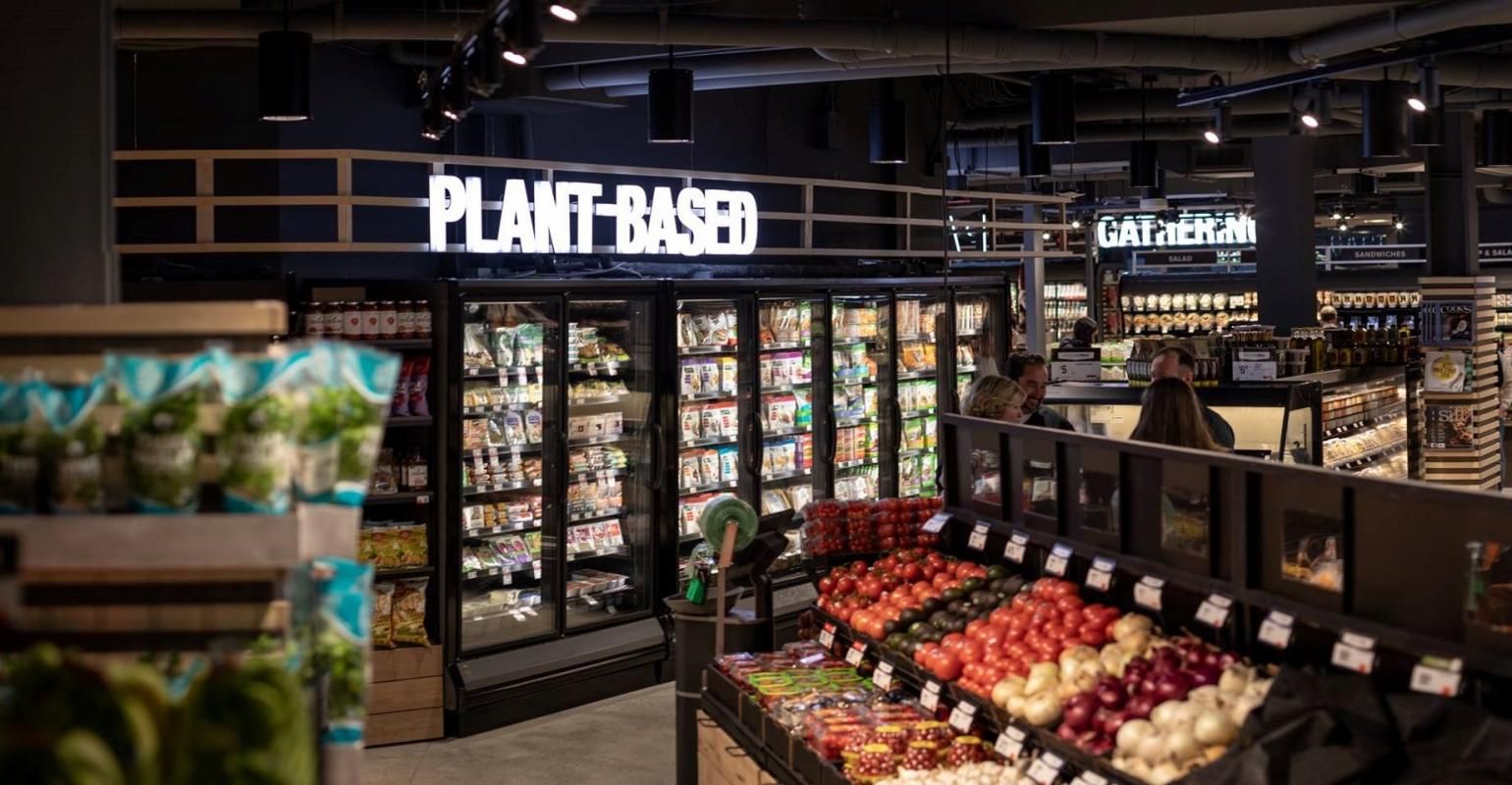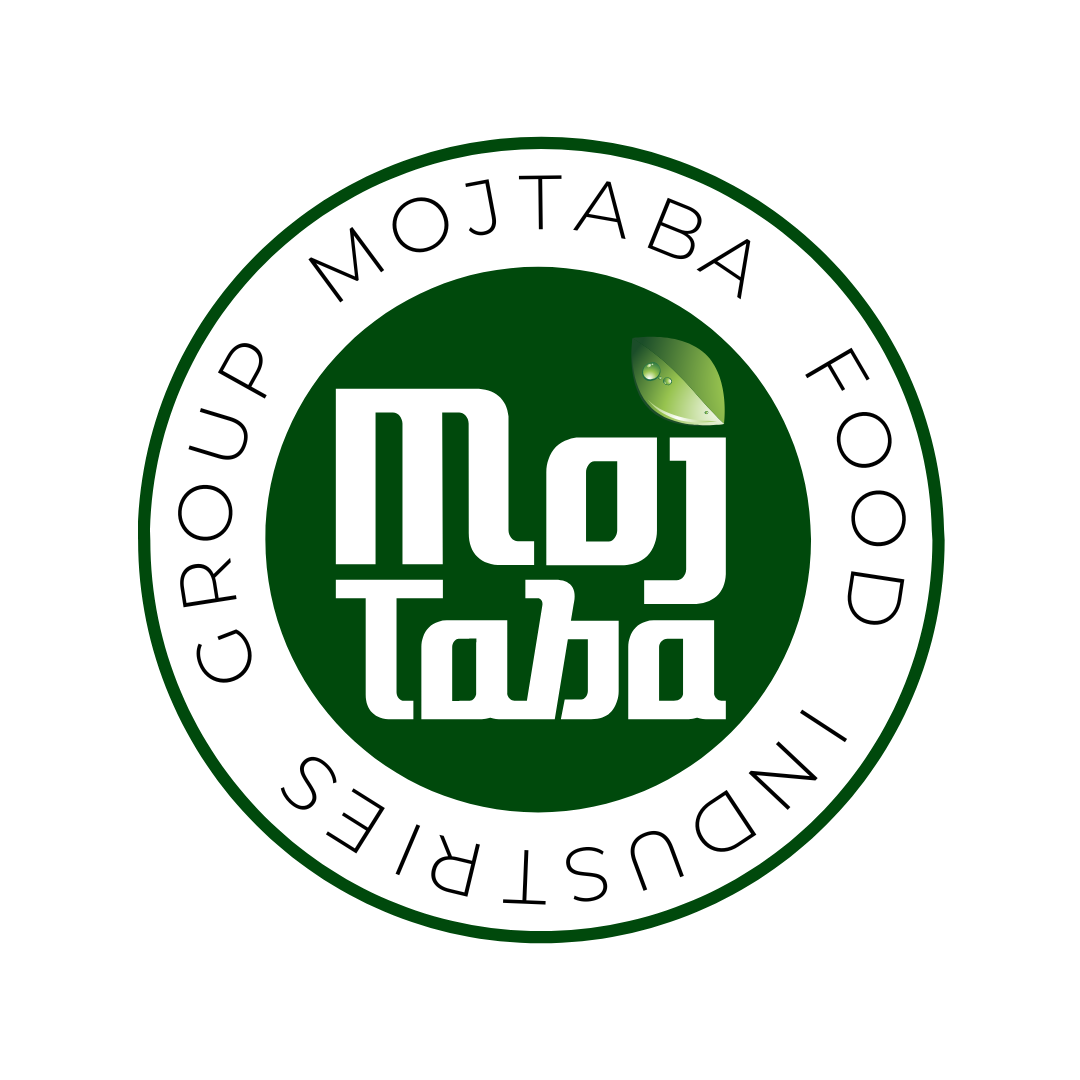Innovation is at the forefront of today's business strategies, especially in the food industry. One significant consumer trend is the shift towards more sustainable, cleaner, healthier food solutions, with plant-based products offering a meaningful solution. As defined by Harvard Medical School, plant-based or plant-forward eating patterns focus on foods primarily from plants. This includes not only fruits and vegetables but also nuts, seeds, oils, whole grains, legumes, and beans. It doesn't mean that people following a plant-based diet are vegetarian or vegan and never eat meat or dairy. Rather, people are proportionately choosing more of their foods from plant sources. During the pandemic, the food industry underwent significant changes, and the emerging plant-based alternatives industry faced numerous challenges. However, the focus on sustainability, value for money, and healthier and cleaner solutions has driven a growing interest in plant-based options, a key innovation area identified by Daymon as the Plant Forward Solutions Innovation Pillar.
Defining the global trend









)
)
)
)
)
)
)
)
)
.png/fit-in/500x500/filters:no_upscale())
)
)